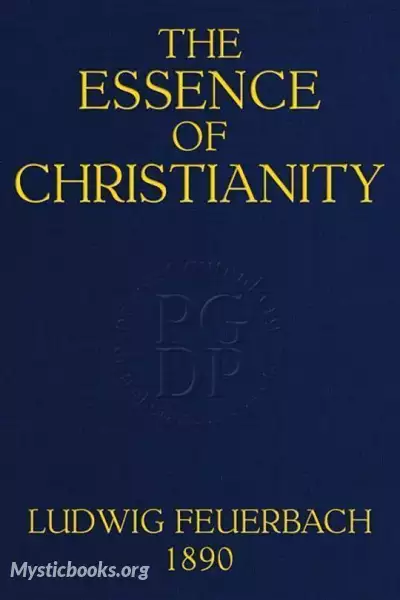
The Essence of Christianity
'The Essence of Christianity ' Summary
Taking issue with Hegel's sense that God, as Logos, is somehow central to all that is, Feuerbach explores his own notion that Christianity, as religion, grew quite naturally from ordinary human observation. Only upon deeper, systematic reflection did people postulate a divine source--God. Religious teaching which loses sight of its own essential rootedness in human experience runs the risk becoming overly abstract, disconnected even, from realities which shape humanity and which impart meaning and dignity to life. Fuerbach illustrates this not only on the example of the doctrine of God, but also with respect to creation, prayer, miracles, Trinitarianism, sacramentalism, and other dogmas at the core of Christianity.
God is an illusion; God is a delusion; God is a projection of mankind's best qualities unto a creator; God is a father-figure meant to protect us from an uncertain and dangerous world. God, in short, does not exist in a material sense. Why is it, then, that most atheists have never heard of Feuerbach, who has an audience of admirers restricted largely to philosophers and theologians?
Book Details
Language
EnglishOriginal Language
GermanPublished In
1841Genre/Category
Tags/Keywords
Authors
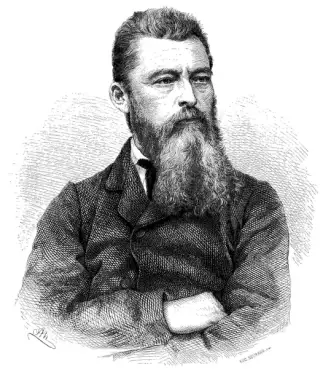
Ludwig Feuerbach
United Kingdom
Ludwig Andreas von Feuerbach was a German anthropologist and philosopher, best known for his book The Essence of Christianity, which provided a critique of Christianity that strongly influenced genera...
Books by Ludwig FeuerbachListen/Download Audiobook
- Select Speed
Related books

Against Celsus Book 3 by Origen of Alexandria
Against Celsus is a classic work of Christian apologetics written by Origen of Alexandria in the 3rd century AD. The book is a response to Celsus's "T...

How to Pray by Reuben Archer Torrey
This book delves into the significance and practice of persistent, fervent prayer in the life of a Christian. Torrey explores the role of prayer in o...
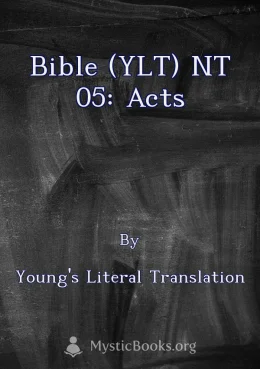
Bible (YLT) NT 05: Acts by Young's Literal Translation
This book is a translation of the New Testament, specifically the book of Acts, into English. It is known for its literal and close adherence to the o...

Bible (YLT) NT 26: Epistle of Jude by Young's Literal Translation
The Epistle of Jude is a short letter in the New Testament of the Christian Bible. It is attributed to Jude, the brother of James and one of the twelv...

Bible (Reina Valera) NT 17: Tito by Reina-Valera
La epístola de Pablo a Tito es una carta del Nuevo Testamento que trata sobre la dirección de la Iglesia en Creta. Pablo le escribe a Tito, un compañe...

St. John Chrysostom on First Corinthians, Volume 2 by St. John Chrysostom
Delve into the profound insights of St. John Chrysostom with "St. John Chrysostom on First Corinthians, Volume 2." In this illuminating work, the anci...

The Christmas Bishop by Winifred M. Kirkland
It is a story about a kind bishop who brings joy and hope to a struggling community during the Christmas season. The book was originally published in...
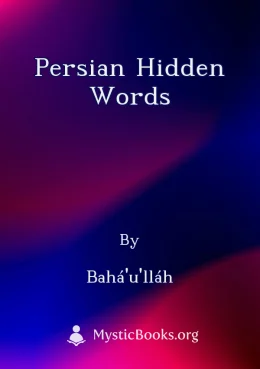
Persian Hidden Words by Bahá'u'lláh
The Hidden Words is a collection of short utterances by Baháʼuʼlláh, the founder of the Baháʼí Faith, that are intended to be a source of spiritual gu...

Diary of an Old Soul by George MacDonald
A Book of Strife, in the form of the Diary of an Old Soul. I doubt MacDonald ever expected more than his family to read this work, much less review it...
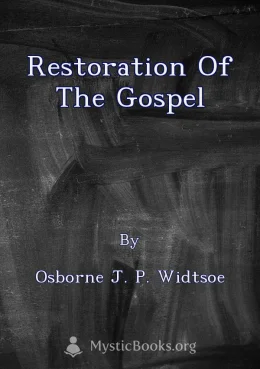
Restoration of the Gospel by Osborne J. P. Widtsoe
This book provides an overview of the events and teachings associated with the restoration of the gospel of Jesus Christ through the Prophet Joseph Sm...
Reviews for The Essence of Christianity
No reviews posted or approved, yet...